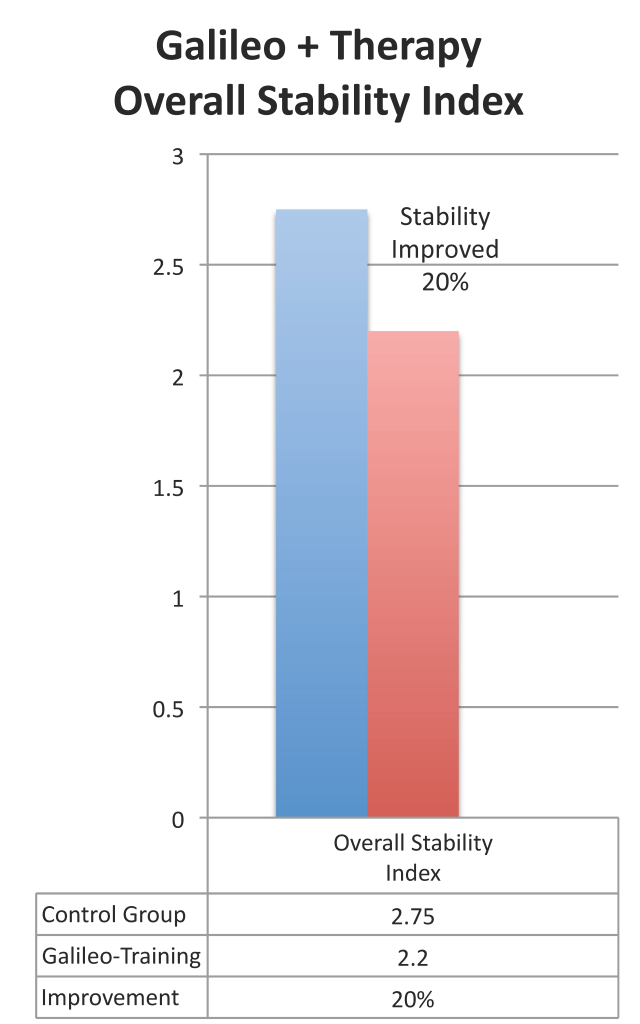Effect of whole-body vibration on muscle strength and balance in diplegic cerebral palsy: a randomized controlled trial.
Am J Phys Med Rehabil. 2014 Feb;93(2):114-21
El-Shamy SM
Abstract
OBJECTIVE:
The purpose of this study was to investigate the effects of whole-body vibration training on muscle strength and balance in children with diplegic cerebral palsy.
DESIGN:
Fifteen children were assigned to the experimental group, which received whole-body vibration training (9 mins per day, 5 days per week). Another 15 were assigned to the control group, which participated in a traditional physical therapy exercise program for 3 successive months. Baseline and posttreatment assessments were performed using the Biodex isokinetic dynamometer to evaluate the knee extensors peak torque at 60 degrees per second and 90 degrees per second and using the Biodex balance system to evaluate stability index.
RESULTS:
The children in the experimental group showed a significant improvement when compared with those in the control group (P < 0.001). The peak torque at 60 degrees per second and 90 degrees per second after treatment was 28.8 ± 0.45 and 47.5 ± 0.7 N · m and 30.9 ± 0.68 and 54.2 ± 1.7 N · m for the control and the experimental group, respectively. The overall stability index after treatment was 2.75 and 2.2 for the control group and the experimental group, respectively.
CONCLUSIONS:
Whole-body vibration training may be a useful tool for improving muscle strength and balance in children with diplegic cerebral palsy.
PMID: 24434887 [PubMed – indexed for MEDLINE]

